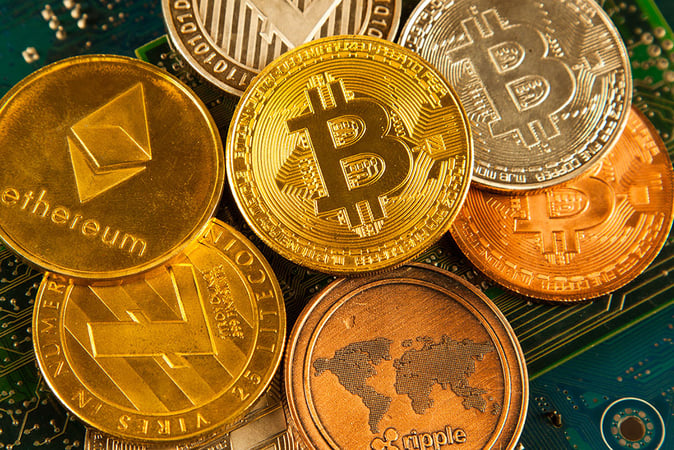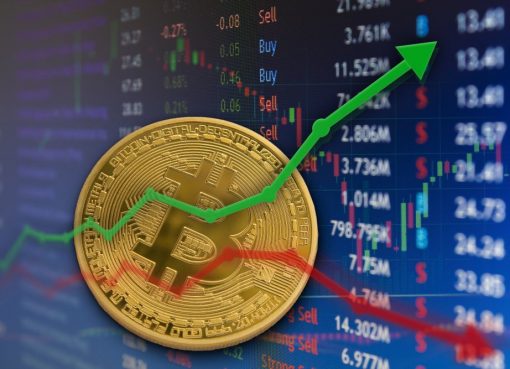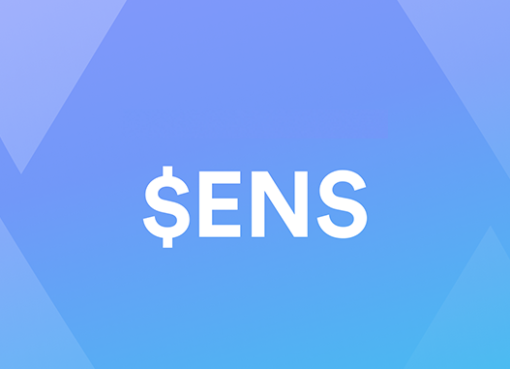The crypto market has turned bearish since the SEC charged Binance and Coinbase with listing unregistered securities last week.
The cryptocurrency market is in a crucial growth phase that could significantly determine the winners of blockchain mainstream adoption. The fact that different countries are coming up with respective crypto policies is a true testament that there is a need for an update on the decades-old financial systems. Notably, Europe, Hong Kong, Middle East countries, El Salvador, and the Central African Republic have all adopted different friendly crypto policies. However, the United States and Nigeria, among other countries, have been divided on crypto regulations.
Last week, the United States Securities and Exchange Commission filed charges against Binance and Coinbase Global Inc (NASDAQ: COIN) for listing unregistered securities. Notably, SEC Chair Gary Gensler has argued that almost all crypto assets are unregistered securities with Bitcoin as an exception. Interestingly, the Hinman documents, which have been used against the SEC in the Ripple lawsuit, depict that Ethereum was considered not a security by former top officials.
Bernstein Analysts on Crypto Regulatory Crackdown Dilemma
According to analysts at a private wealth management adviser focused on high net worth clients, Bernstein, the view that all crypto tokens, other than Bitcoin, are unregistered securities does not leave any room for blockchain networks to attain decentralization over time. Additionally, Bernstein analysts led by Gautam Chhugani think the classification of crypto tokens as securities does not leave room for tokens to have functional utility within the underlying networks.
“The core issue is whether countries should use securities laws framed decades ago without realizing blockchain networks’ very aim is to transform the decades-old financial and securities market systems, with more transparency, instant settlement times, disintermediation of middlemen, automation and reduced costs, global liquidity and interoperability,” Bernstein report noted.
The move by the United States SEC seems to have influenced the Nigerian SEC to regulate the crypto market in a similar manner. Last week on Friday, the Nigerian SEC ordered Binance Nigeria to cease operations for issuing trade of unregistered securities.
Combined, the United States and Nigerian government controls about half a billion people, which is more than 25 percent of global economic activities. Consequently, blockchains other than Bitcoin will have a challenging time ahead implementing the decentralization of their ecosystems.
Furthermore, Bernstein analysts concluded that the different crypto regulatory scope is splitting both the blockchain industry and countries into jurisdictions. Arguably, crypto projects could be forced to provide services in respective jurisdictions according to the different regulations.
Eventually, the fiat system will win through the CBDCs if the regulations continue moving per different jurisdictions. Nevertheless, the regulations in the blockchain industry were imminent following increased scams and rug pulls. As a result, a faction of crypto enthusiasts has welcomed the crypto regulations as a means to mainstream adoption.
Nonetheless, blockchains will have a challenging time in the future rolling out their respective tokens as regulations get tighter.
Let’s talk crypto, Metaverse, NFTs, CeDeFi, and Stocks, and focus on multi-chain as the future of blockchain technology.
Let us all WIN!



